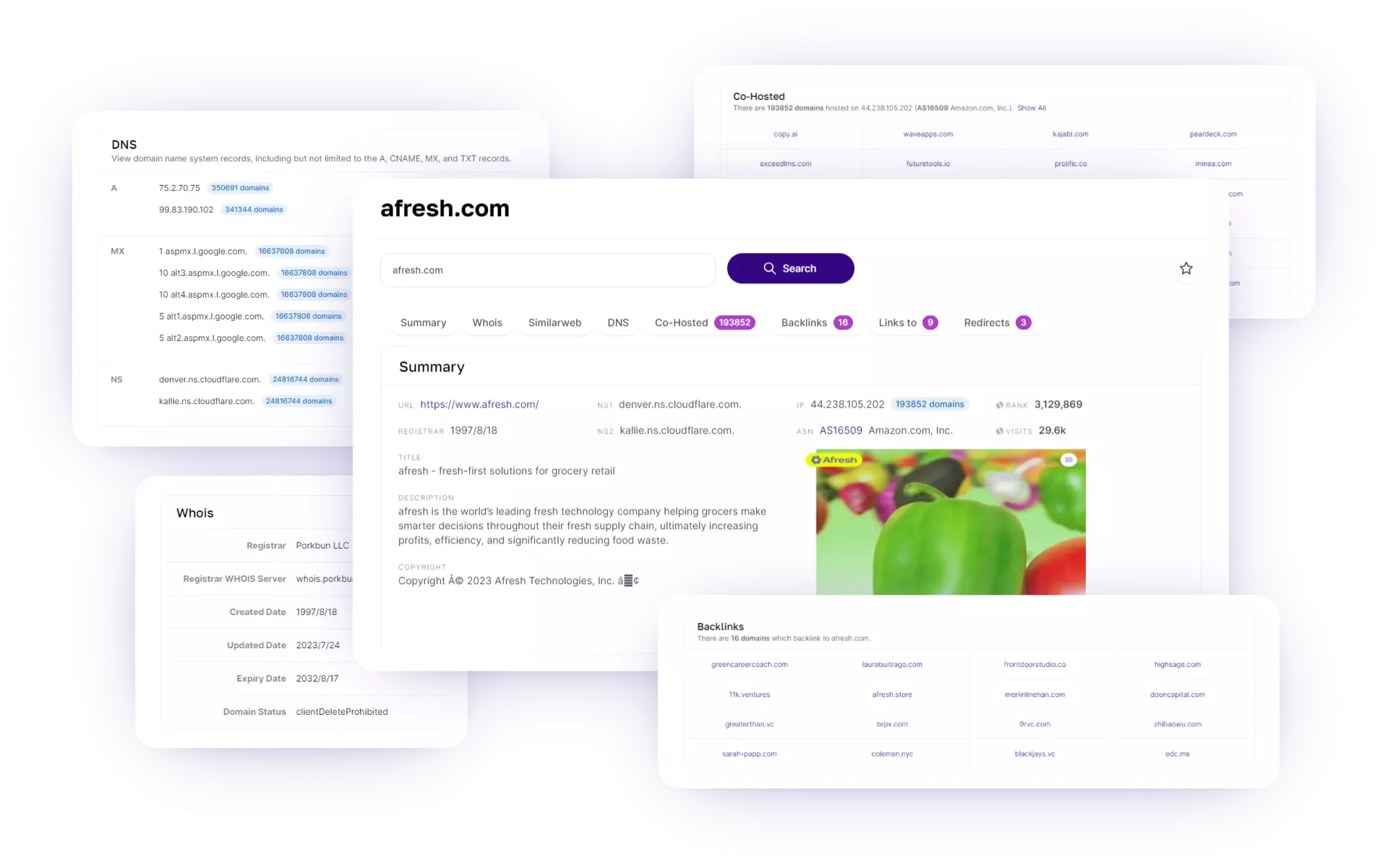
SEO aids businesses in maintaining the visibility of their website to individuals actively seeking the products or services they provide. But you might wonder: how to become an SEO specialist?
Becoming an SEO specialist is not only an exciting career choice but also a journey of continuous learning and adaptation.
In this comprehensive guide, we will walk you through the essential steps and skills required to embark on the path to becoming a proficient SEO specialist.
What is an SEO Specialist?
An SEO specialist is a technical professional proficient in optimizing websites to attain elevated rankings on search engines.
These experts possess the expertise to craft SEO content and modify website structures strategically, aiming to augment organic traffic generated from search engines.
Given the dynamic nature of the SEO landscape, these specialists dedicate significant time to ongoing research and experimentation, continually exploring new practices to achieve optimal results.
How to Become an SEO Specialist? 11 Steps
Here's a step-by-step guide to help you navigate the path to mastering the art and science of Search Engine Optimization:
1. Consider an SEO Certificate Program
Explore SEO or related certification programs offered by educational institutions, companies, and organizations.
Certifications from reputable platforms like Moz, Cloudera, IBM, Microsoft, and SAS can provide specialized knowledge.
2. Understand SEO Principles
Delve into the principles of SEO to enhance your foundational knowledge.
Research user interactions with search engines and the types of content that cater to user needs.
Explore the backend operations of websites, including mobile usability, structured data, JavaScript, and site speed.
Read More: How Many Internal Links Per Page SEO?
3. Learn How Search Engines Work
Investigate the inner workings of search engines, understanding the roles of bots, crawlers, and ranking factors.
Explore concepts like authority, relevance, and utility in the context of search engine ranking.
4. Consider Specialization
After gaining a broad understanding, consider specializing in a specific aspect of SEO, such as keyword research or industry-specific optimization.
Specialization allows for a deeper focus on niche qualities and effective SEO techniques within a particular market.
5. Practice Building Websites
Engage in the hands-on experience of constructing your websites to apply techniques acquired through research.
Familiarize yourself with widely-used Content Management Systems (CMS) employed by professionals in website development, and grasp how their tools and backend features seamlessly integrate with search engines.
Additionally, experiment with HTML and tagging, testing diverse techniques to observe the impact of modifications on Search Engine Results Pages (SERPs).
6. Learn SEO Tools and Analytics
Gain proficiency in using SEO tools and analytics programs to analyze data effectively.
Understand the applications specific to different search engines and explore tools that measure data across multiple platforms.
With the right dedication and tools—like Keyword Generate Tool, Keywords Niche, and Website Audit—you can begin your wonderful journey to becoming an SEO expert!

7. Participate in Professional Development
SEO best practices are subject to frequent changes due to daily updates in search engine algorithms. Even the slightest adjustment to these algorithms can potentially impact search rankings.
To remain well-informed about these shifts, make it a habit to regularly read about SEO developments, tune in to industry podcasts, or contemplate participation in conferences and webinars dedicated to the subject.
Staying abreast of these updates is essential for maintaining effective SEO strategies.
8. Study Available Data
Conduct independent queries across different search engines and scrutinize the outcomes. The closer a website is to the top of the Search Engine Results Page (SERP), the greater the likelihood that it aligns with prevailing SEO best practices.
Record the keywords, queries, and commonalities observed on the first page of the results.
Observe the visual presentation, functionality on both desktop and mobile devices, the nature of shared content, and how information is displayed. This comprehensive analysis will provide valuable insights into effective SEO strategies.
9. Use Social Media as a Tool
Join SEO groups on social media platforms and follow industry experts for insights and discussions.
Connect with professionals in related fields, such as marketing and content creation, to broaden your network.
10. Build Connections
Create a robust network of SEO professionals, industry experts, colleagues, and potential clients.
Actively engage in discussions, share insights, and stay connected with peers in the SEO community.
11. Develop a Portfolio
Contemplate establishing an online portfolio showcasing your accomplished SEO work as a means to showcase your skills to prospective employers or clients.
This portfolio can encompass written accounts, videos, screenshots, links, or any pertinent information that effectively highlights your achievements.
Include a link to this portfolio on your resume when applying for future job opportunities, allowing potential employers to gain a comprehensive understanding of your expertise and contributions in the realm of SEO.
Conclusion: How to Become an SEO Expert
Becoming an SEO specialist is a dynamic and rewarding journey that requires a combination of foundational knowledge, practical experience, and a commitment to continuous learning.
By following the steps outlined in this guide, you can embark on a path that leads to proficiency in SEO and opens doors to exciting opportunities in the ever-evolving digital landscape.
Remember, the key to success in SEO lies not only in mastering current best practices but also in the ability to adapt to the ever-changing dynamics of the online world.

